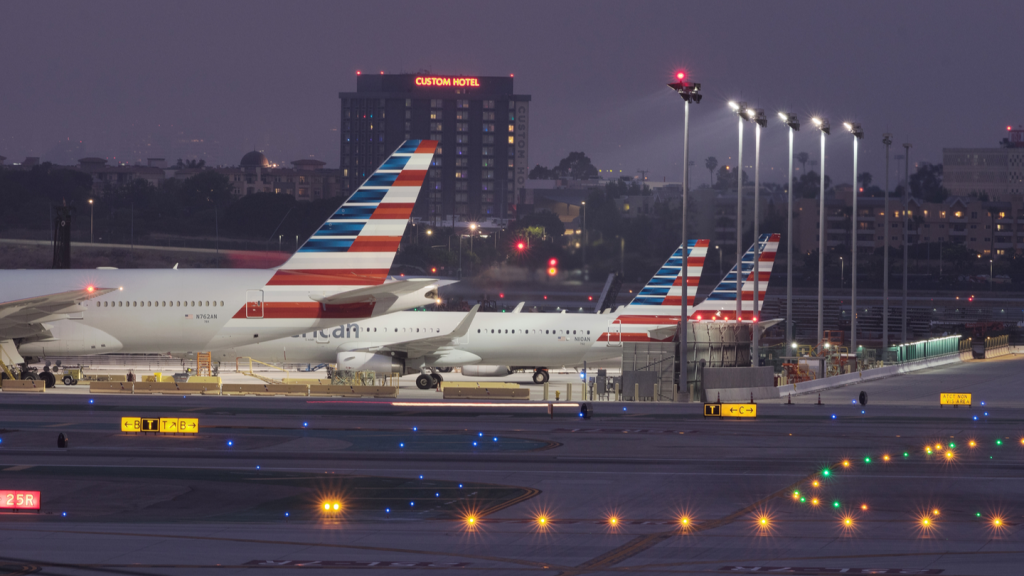The Federal Aviation Administration (FAA) is putting over $90m into airports across the US to support the industry’s goal of reaching net-zero emissions by 2050.
The funding will go towards 21 airports, with roughly $46.8m going towards sustainability projects focusing on the use of solar energy and another $44.5m being spent on electric vehicles and transportation infrastructure.
Prescott Regional Airport in Arizona will receive $243,000 to work on a plan to transition to unleaded fuel, matching a plan to eliminate leaded aviation fuels in piston-engine aircraft by 2030.
Associate administrator for airports at the FAA Shannetta R. Griffin said: “We need to help airports transition their operations as quickly as possible to renewable power. Our investments keep us on track for the net-zero goal.”
Two of the biggest grants will be going to Indianapolis International Airport in Indiana, which will receive $22.58m towards constructing energy efficient infrastructure and installing solar panels, and Phoenix Sky Harbor International Airport in Arizona, which will get $20m for the design and construction of solar parking structures.
Additionally, the biggest electric transportation grant will go to Portland International Airport in Oregon, which will receive $16m to construct zero emissions vehicle infrastructure.
Other airports that will receive funding cover the states of Texas, Iowa, Nevada, California, Utah, Pennsylvania, Tennessee, Missouri, Michigan, Arkansas and Montana.
The grants form part of a series of funding from the FAA as part of its 2021 Aviation Climate Action Plan, which set the 2050 target for net-zero emissions and has so far led to the awarding of $462m to US airports and universities working on sustainable technology.
Additionally, earlier this year US airports received a boost from President Biden’s Bipartisan Infrastructure Law which saw the FAA provide nearly $1bn in funding to help airports cope with increased traffic.









